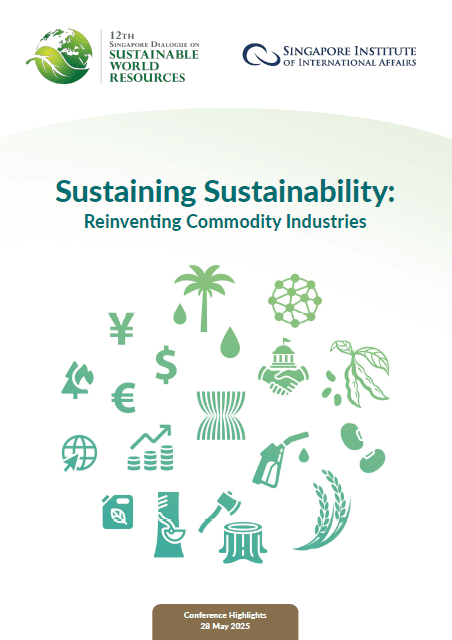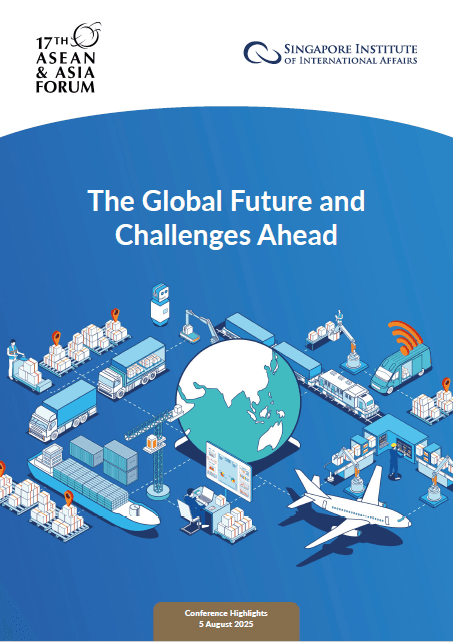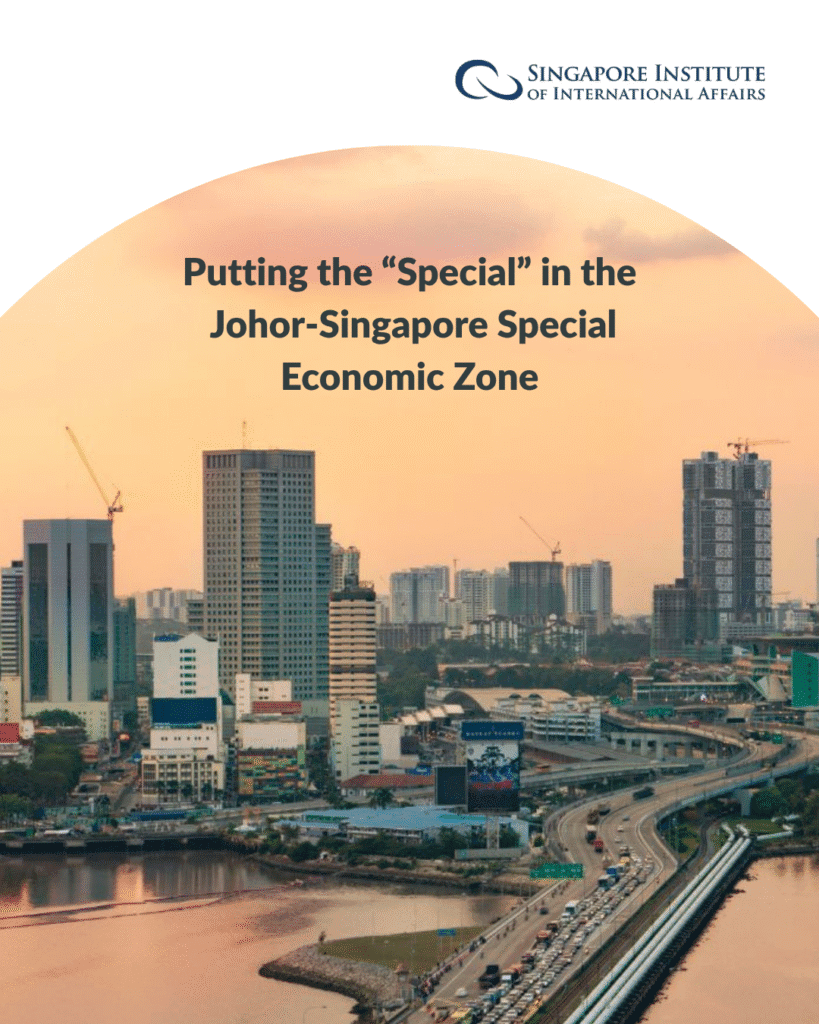Click here to download the full report.
For close to two decades, the SIIA has focused on how fires and haze, among the major controversies plaguing the plantation and agroforestry sector, can be managed and eventually eradicated. Ensuring the sector’s supply chain improves its sustainability practices not only matters to producing countries but also Singapore, a major financial and trading hub in Southeast Asia. While the region has enjoyed relatively blue skies in the past three years, climate change, deforestation and labour issues, among others, remain to be resolved. In this respect, some companies and non-governmental organisations (NGOs) are increasingly doing their part to promote and adopt sustainable agricultural practices, form partnerships to scale up their efforts as well as proactively protect the ecosystem in which they operate.
As we take stock of these actions, questions arise whether these supply-side efforts are sufficient to mitigate climate change and how we can spur more green investments to deliver the solutions needed. More specifically, what are some policies which governments and corporations can adopt to encourage green growth? How sustainable is today’s plantation sector, and do commensurate rewards exist for pursuing sustainability? Given changing expectations on the demand side, how relevant are current industry approaches, such as certification, as tools for achieving sustainability?
To explore these questions, the SIIA hosted the Fifth Singapore Dialogue on Sustainable World Resources (SDSWR) on 18 May 2018 at the Grand Hyatt Singapore. More than 350 representatives from governments, academia, NGOs, the private sector and the media participated in this full-day conference. This report captures the key messages from the Dialogue, which comprised two plenary sessions and three concurrent workshops.




